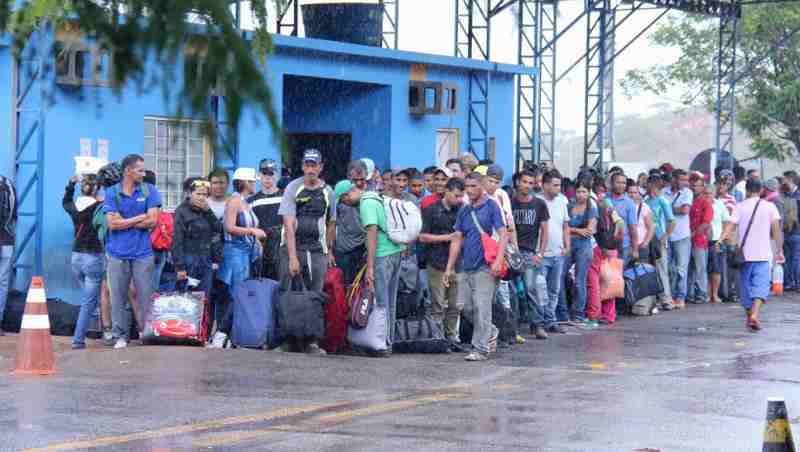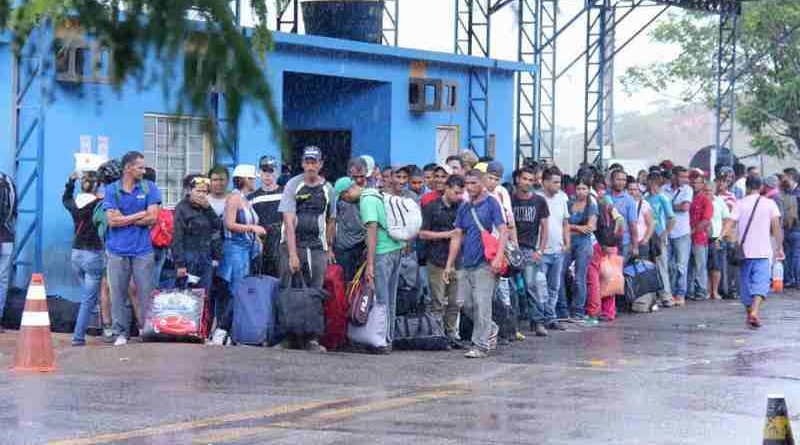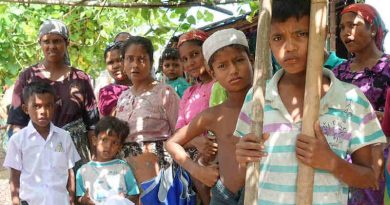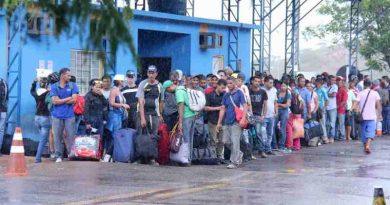New Protection Guidance Issued for Refugee Venezuelans

In light of the continuing outflow of Venezuelans to neighbouring countries and beyond, UNHCR, the UN Refugee Agency, has released new guidance for governments to address the situation of persons in need of international protection and humanitarian assistance.
As a result of the complex political and socio-economic developments in Venezuela, a country that has traditionally been host to thousands of refugees, the number of people compelled to leave their homes continues to increase.
The movements are taking place for a variety of reasons, including insecurity and violence, lack of food, medicine or access to essential social services as well as loss of income.
While not all Venezuelans leaving are prompted to do so for refugee-related reasons, it is becoming increasingly clear that, while all may not be refugees, a significant number are in need of international protection.
According to UNHCR, there has been a 2,000% increase in the number of Venezuelan nationals seeking asylum worldwide since 2014, principally in the Americas during the last year.
Although over 94,000 Venezuelans have been able to access refugee procedures in other countries in 2017, many more of those in need of protection opt for other legal stay arrangements, that may be faster to obtain and provide the right to work, access to health and education.
Yet, according to UNHCR, hundreds of thousands of Venezuelans remain without any documentation or permission to stay legally in asylum countries. This makes them particularly vulnerable to exploitation, trafficking, violence, sexual abuse, discrimination and xenophobia.
Within this context, UNHCR’s guidelines encourage States to ensure Venezuelans have access to territory and refugee procedures. In addition, UNHCR welcomes and calls on governments to adopt pragmatic protection-oriented responses for the Venezuelan people.
This includes measures such as alternative legal stay arrangements, including visas or temporary residence permits, as well as other regularization programmes, which guarantee access to the basic rights of health care, education, family unity, freedom of movement, shelter and the right to work.
UNHCR applauds countries in Latin America that have introduced such arrangements, and hopes that costs and requirements are eased, where necessary to ensure accessibility.




